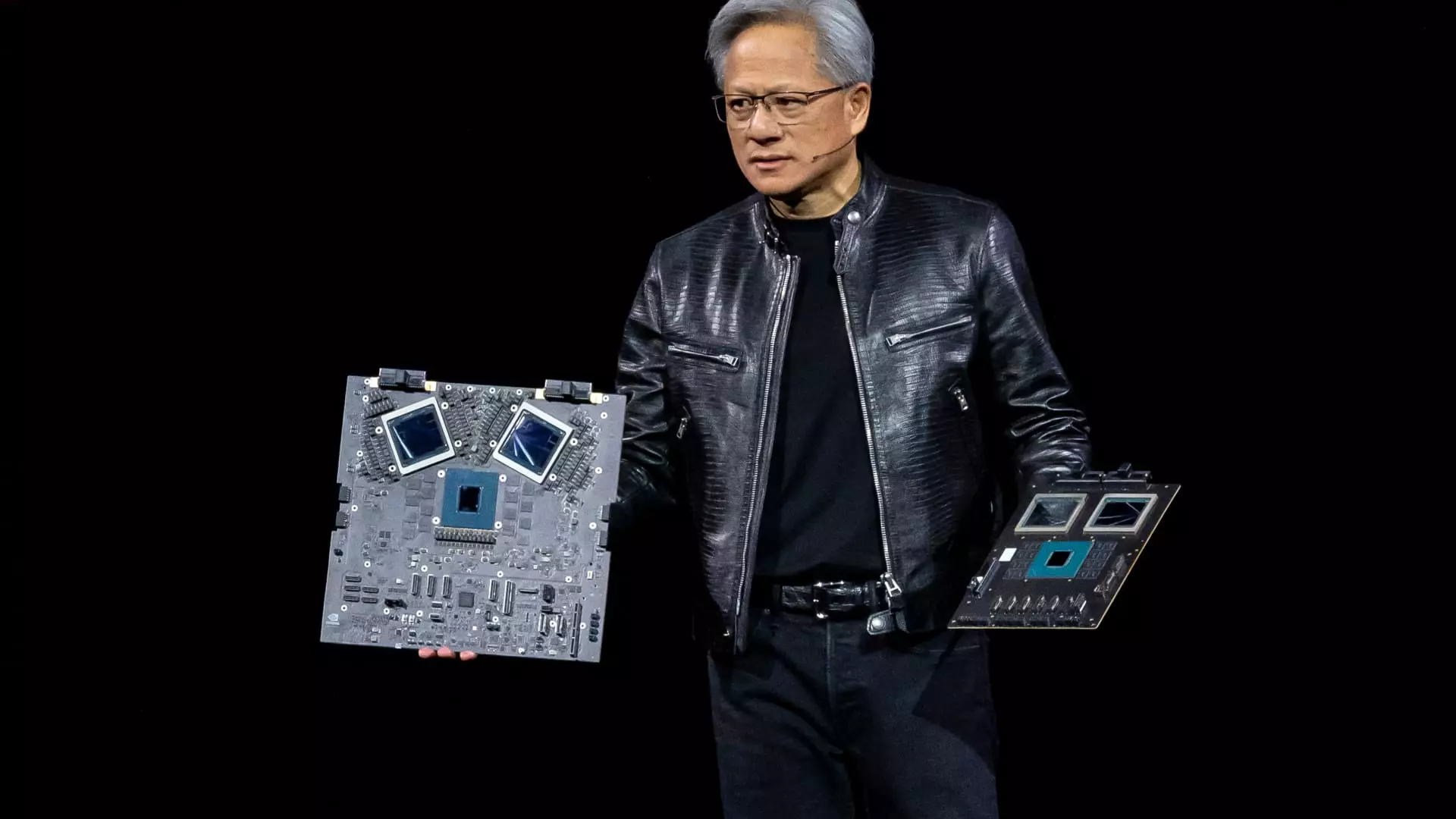The semiconductor industry is currently experiencing a surge in interest due to the growing importance of artificial intelligence in various applications. However, not all chip firms have been able to capitalize on this trend, as recent earnings reports have shown.
While companies like Nvidia have seen a significant boost in revenue from providing GPUs for training large language models (LLMs) and generative AI applications, competitors like AMD have also entered the AI chip market with promising results. AMD’s forecast of data center GPU revenue surpassing expectations indicates a shift in the dominance of certain players in the industry.
Chip manufacturing giants like TSMC and tool producers like ASML have also reaped the benefits of the AI boom. TSMC reported a substantial rise in net profit, while ASML experienced a surge in net bookings, driven by increased demand from semiconductor manufacturers like TSMC. Similarly, Samsung reported a staggering increase in operating profit, showcasing the positive impact of AI investments on certain companies.
On the other hand, not all semiconductor firms have seen positive growth from the AI boom. Companies like Qualcomm and Arm have faced setbacks, with their share prices falling due to light guidance for the current quarter. Despite the importance of AI applications, their exposure to the technology remains limited compared to competitors like AMD and Nvidia. Arm, in particular, has struggled to capitalize on the AI trend, as its revenue still comes predominantly from consumer electronics rather than data centers.
Qualcomm and Arm, while facing challenges in the current market, do have potential for growth in the future. As more devices incorporate AI technology, both companies could benefit from the increased demand for AI-enabled products. Qualcomm’s chips, for instance, are expected to be featured in Microsoft’s upcoming AI PCs, indicating a shift towards long-term investments in AI infrastructure.
The impact of artificial intelligence on the semiconductor industry has been a mixed bag, with some companies reaping significant rewards while others struggle to find their footing in the AI-driven market. As the industry continues to evolve, strategic investments and a focus on emerging technologies will be crucial for semiconductor firms looking to stay ahead of the curve.

